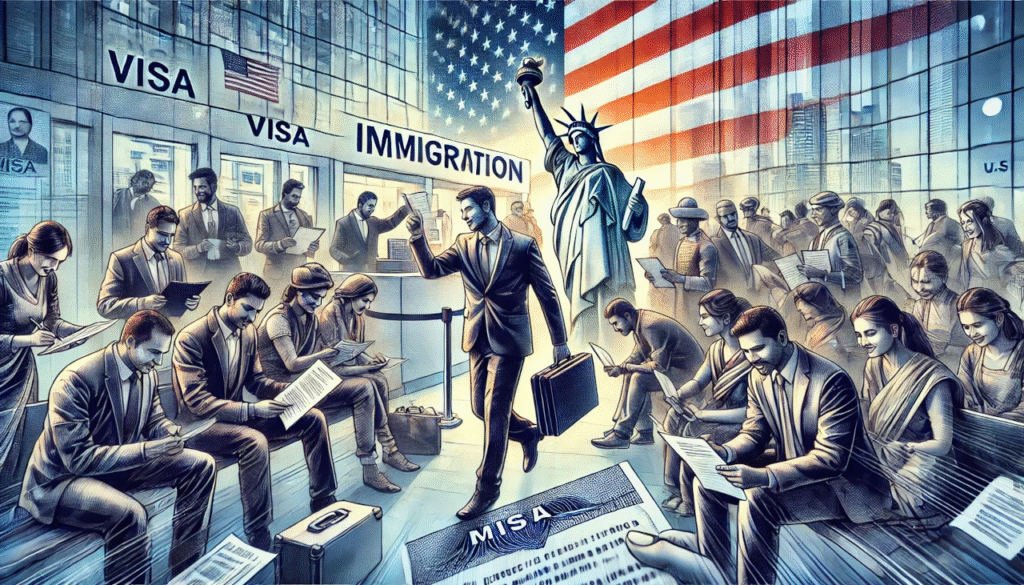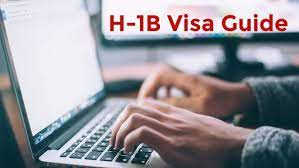
Governments worldwide are increasingly turning to visa reforms as a strategic tool to attract greater foreign direct investment (FDI) and stimulate economic growth. By simplifying entry, offering long-term residency, and creating dedicated pathways for investors and skilled talent, countries aim to enhance their appeal to international capital and expertise.
Recent initiatives across several nations, from Asia to Oceania and Europe, underscore this trend. These reforms often involve streamlining application processes, reducing bureaucratic hurdles, and introducing new visa categories specifically designed for investors, entrepreneurs, and highly skilled professionals.

The core objective behind these visa reforms is to make it easier and more attractive for foreign individuals and businesses to invest and operate within a country. Common types of reforms include:


Economic theory and expert analyses support the notion that visa liberalization can positively impact FDI. Reducing the costs and complexities associated with cross-border movement of people, particularly investors and key business personnel, can lower transaction costs for foreign firms and signal a more welcoming investment climate. International organizations like the United Nations Conference on Trade and Development (UNCTAD) and the Organisation for Economic Co-operation and Development (OECD) have highlighted the importance of investment facilitation measures, which include transparent and efficient visa procedures, in attracting and retaining FDI.
Studies have also indicated that visa restrictions, conversely, can deter trade and investment. Therefore, the easing of such restrictions is logically pursued as a means to encourage economic inflows.
While visa reforms are a promising avenue for attracting FDI, experts also caution that they are one of many factors influencing investment decisions. A stable political and economic environment, clear legal frameworks, market size, infrastructure, and skilled labor availability also play crucial roles. Furthermore, particularly concerning investor visas, appropriate due diligence and safeguards are necessary to mitigate risks such as money laundering and ensure that the investments contribute meaningfully to the host economy.
In conclusion, the global landscape reveals a clear trend towards utilizing visa reforms as a proactive strategy to draw in foreign investment. As countries compete for international capital and talent, well-designed and efficiently implemented visa policies are increasingly viewed as a vital component of a successful FDI attraction strategy.
WATCH MORE: https://www.youtube.com/watch?v=Wi4zWusU1lE
READ MORE: Mixed-Use Developments: Reshaping Modern Urban Landscapes
